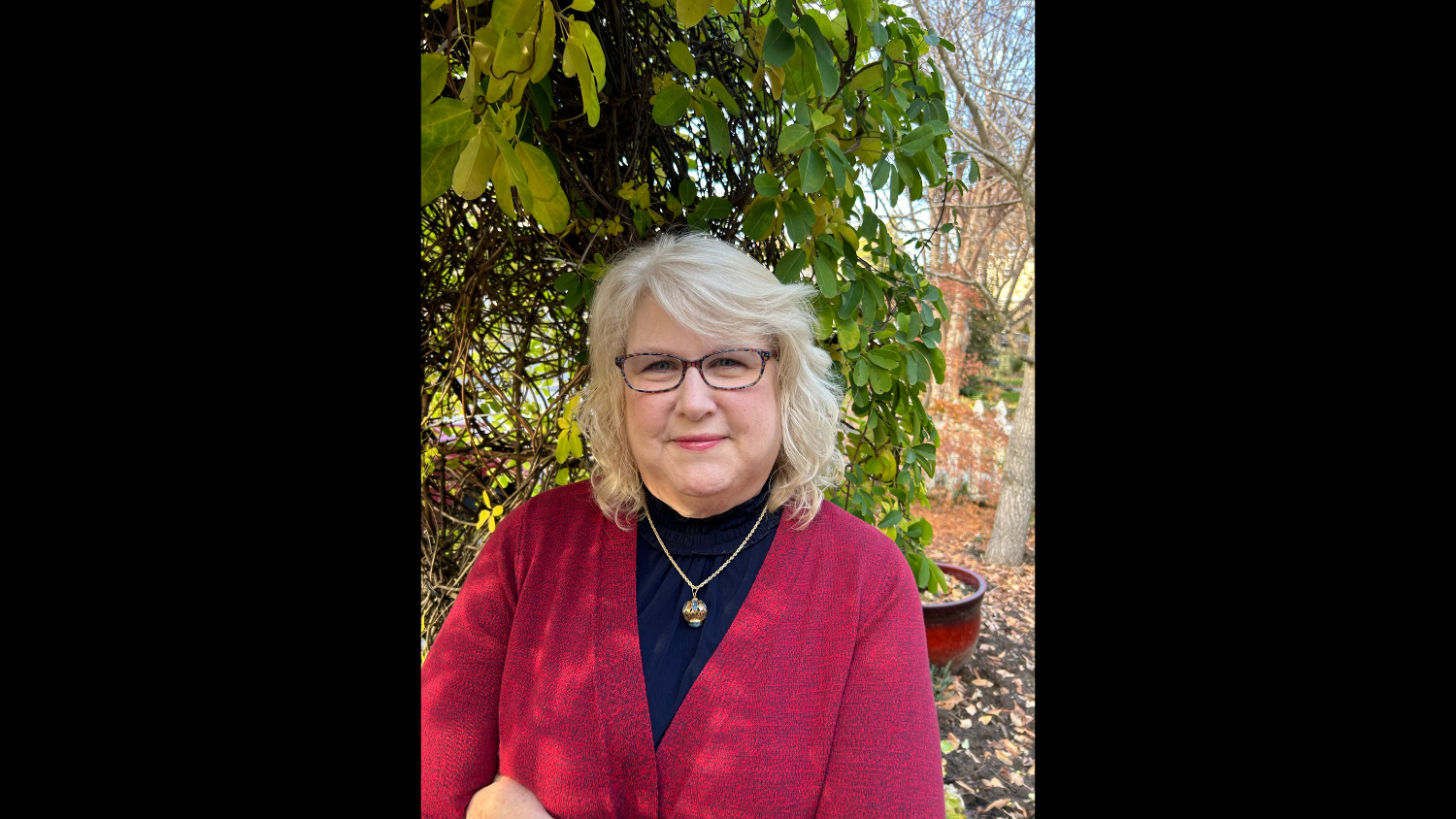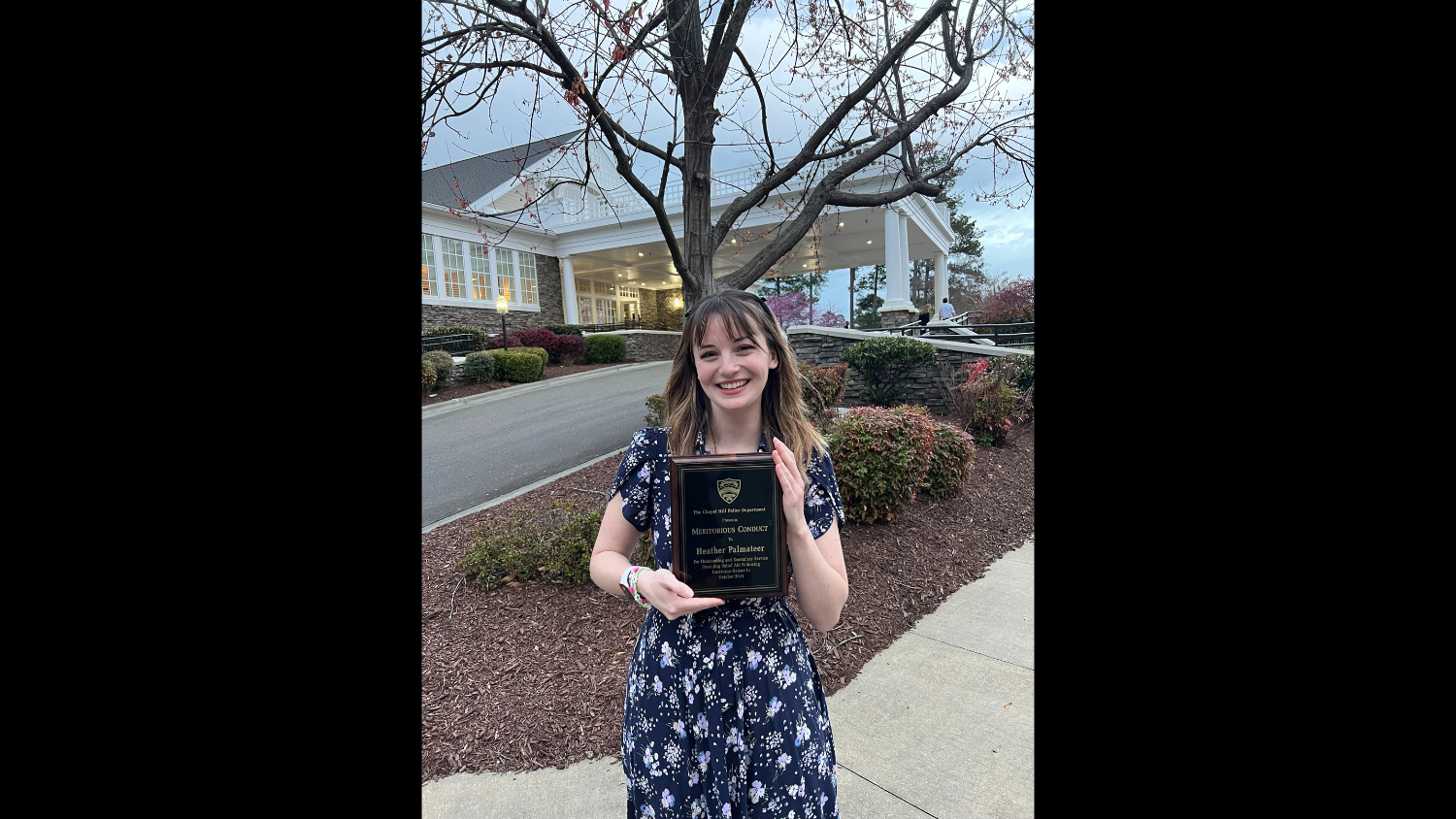Social Work Faculty Research and Publications
At the NC State Department of Social Work, hard-working faculty are producing research and publications that address a variety of topics: suicide prevention, program evaluation, serving clients with limited literacy skills, low-income older adults, youth leadership, and community health coalitions. Read on to learn about our wonderful faculty and their contributions to the social work field.  Dr. W.J. Casstevens’ research focuses on prevention and wellness. She is currently project director and principal investigator on the federal Garrett Lee Smith Campus Suicide Prevention grant at NC State. Dr. Jodi Hall is co-investigator and Karen Miller, a recent NC State MSW graduate, is program coordinator. The Suicide Prevention Program is supported by the Department of Social Work, Counseling Center, GLBT Center, and Office of Student and Community Standards, among others. The program is evaluated on an ongoing basis. Casstevens co-authored with Karen Miller and Nicholas Isganitis (another NC State MSW alum) on one facet of this evaluation, and their paper will be presented at the 2014 American Association of Suicidology conference in Los Angeles. As part of the campus suicide prevention program, Casstevens and others are working with student focus groups to identify ways students can become more involved with suicide prevention on campus. This is particularly important, as suicide is now the second leading cause of death among American college and university students. Two undergraduate research assistants are involved with this study, Melissa Eudy in Social Work and Kerry Premo in Anthropology. Eudy is a member of the Suicide Prevention Program Advisory Board. Premo is presenting a poster on her evaluation work at the NC State Undergraduate Research Symposium this spring. In addition, Casstevens is working with the Pennsylvania Clubhouse Coalition and its members to evaluate ways that Clubhouse Model programs contribute to the overall health and well-being of adults who are given serious mental disorder diagnoses. The collaboration with Pennsylvania Clubhouses sprang from Casstevens’ earlier Extension, Engagement and Economic Development Seed Grant funded work with Clubhouse Model programs in North Carolina.
Dr. W.J. Casstevens’ research focuses on prevention and wellness. She is currently project director and principal investigator on the federal Garrett Lee Smith Campus Suicide Prevention grant at NC State. Dr. Jodi Hall is co-investigator and Karen Miller, a recent NC State MSW graduate, is program coordinator. The Suicide Prevention Program is supported by the Department of Social Work, Counseling Center, GLBT Center, and Office of Student and Community Standards, among others. The program is evaluated on an ongoing basis. Casstevens co-authored with Karen Miller and Nicholas Isganitis (another NC State MSW alum) on one facet of this evaluation, and their paper will be presented at the 2014 American Association of Suicidology conference in Los Angeles. As part of the campus suicide prevention program, Casstevens and others are working with student focus groups to identify ways students can become more involved with suicide prevention on campus. This is particularly important, as suicide is now the second leading cause of death among American college and university students. Two undergraduate research assistants are involved with this study, Melissa Eudy in Social Work and Kerry Premo in Anthropology. Eudy is a member of the Suicide Prevention Program Advisory Board. Premo is presenting a poster on her evaluation work at the NC State Undergraduate Research Symposium this spring. In addition, Casstevens is working with the Pennsylvania Clubhouse Coalition and its members to evaluate ways that Clubhouse Model programs contribute to the overall health and well-being of adults who are given serious mental disorder diagnoses. The collaboration with Pennsylvania Clubhouses sprang from Casstevens’ earlier Extension, Engagement and Economic Development Seed Grant funded work with Clubhouse Model programs in North Carolina.
Dr. Natalie Ames’ forthcoming book got its start when she worked for the Cancer Information Service in West Virginia. She noticed that the printed information she was giving out was written at reading levels far above many clients’ comprehension. As a result, she developed a series of low-literacy fact sheets that were adopted by the National Cancer Institute. Ames has compiled what she has learned about this unexamined aspect of social work practice into a book for practitioners to be published in the fall of 2014. Social workers have an ethical obligation to communicate clearly with clients and colleagues. This book will teach us how! The exact publisher copy for Ames’ book, Writing Clearly for Clients and Others: The Human Service Practitioner’s Guide provides a more detailed description of the book. “Readable writing is clear and easy for most people to understand. No one who takes the ability to read for granted can truly comprehend how difficult reading is for people with limited literacy skills. This book guides human service professionals through the process of creating truly readable materials for clients with limited literacy skills. Making print materials readable involves much more than simply lowering the reading grade level. The layout, the content you choose to include, even the size and type of font, can increase or decrease readability. Although the heart of this book is instruction on creating readable materials for clients with limited literacy skills, it also explains and demonstrates the benefits of applying readability guidelines to print and electronic materials aimed at all human service agency audiences. Whether creating a brochure, sending an email, writing a grant, developing an agency website, or documenting in a case record, this book provides suggestions, guidelines, before-and-after examples, and exercises that will enable human service professionals to make their messages clear and understandable.”
 In addition to serving as co-PI on a SAMHSA grant which focuses on suicide prevention, Dr. Jodi Hall, Director of Field Education, is most interested in issues and barriers that impact marginalized groups. Her current research is focused on low income older adults. She is particularly interested in older adults with dementia and their caregivers. She is also conducting research to improve field education so that students have high impact opportunities for community research and evaluation in their field agencies. Her most recent publication is a book chapter entitled End-of-life care: A personal narrative of a direct practice case, in E. Hoffler, & E.J. Clark (Eds.), Social work matters: The power of linking policy and practice (pp. 40-62). Washington, DC: NASW Press. She is co-author of two chapters in the forthcoming Encyclopedia of Primary Prevention and Health Promotion (Springer Publishing) and has presented nationally and internationally (International Retreat conducted at University of Haifa, Israel) this academic year.
In addition to serving as co-PI on a SAMHSA grant which focuses on suicide prevention, Dr. Jodi Hall, Director of Field Education, is most interested in issues and barriers that impact marginalized groups. Her current research is focused on low income older adults. She is particularly interested in older adults with dementia and their caregivers. She is also conducting research to improve field education so that students have high impact opportunities for community research and evaluation in their field agencies. Her most recent publication is a book chapter entitled End-of-life care: A personal narrative of a direct practice case, in E. Hoffler, & E.J. Clark (Eds.), Social work matters: The power of linking policy and practice (pp. 40-62). Washington, DC: NASW Press. She is co-author of two chapters in the forthcoming Encyclopedia of Primary Prevention and Health Promotion (Springer Publishing) and has presented nationally and internationally (International Retreat conducted at University of Haifa, Israel) this academic year.
Dr. Joan Pennell, in her role as director of The Center for Family and Community Engagement (CFFACE), has been instrumental in the Youth Leadership Café held in Burlington, NC, in March 2014. The café invited foster youth and former foster youth, along with service providers and youth advocates, to engage in conversation in order to promote their leadership in child welfare and in their own lives. During the café, participants from various NC counties discussed pre-chosen questions that related to the theme of leadership as they rotated from table to table. At the end of the event, the youth and the adult supporters shared their ideas, resources, future plans, and program feedback with the whole group. These youth leaders made important social connections that day. The successful program relied on the hard work of Marianne Latz, Research Project Coordinator; Chaney Sharde’ Stokes, Youth Program Coordinator; Jasmin Hope Volkel; Graduate Research Assistant and MSW Intern; as well as Dr. Pennell’s MSW students from her Social Work Program Development and Grant Writing course. The Youth Leadership Café was co-hosted by CFFACE and Strong Able Youth Speaking Out (SaySo) with grant funding from NC State University’s Office of Extension, Engagement, and Economic Development.
 Dr. Marcie Fisher-Borne is interested in examining how community health coalitions can address cancer irregularities in marginal communities, especially in low income and minority areas. As a faculty partner with The Center for Family and Community Engagement (CFFACE), she was awarded a grant from the American Cancer Society to examine the impact of community health advisers on reducing cancer disparities in the rural South. Interviews and focus groups with community health adviser field staff and coordinators are being conducted in eight southern states. The participants will be asked about their perceptions of the program’s achievements and implementation facilitators and barriers. The Cancer Disparities Reduction Collaborative is the American Cancer Society’s adaptation of the Deep South Network model developed by the University of Alabama at Birmingham. The Deep South Network model is an evidence-based intervention that has demonstrated effectiveness in reducing the disparities in breast cancer incidence and mortality in African American women across the Black Belt states in the South. This community-based cancer screening initiative uses an ecological model of health, emphasizing linkages among multiple determinants of health, including race/ethnicity, education, income/socio-economic status, and geographic location. More info at: http://www.cfface.org/projects/health_wellbeing/acs/.
Dr. Marcie Fisher-Borne is interested in examining how community health coalitions can address cancer irregularities in marginal communities, especially in low income and minority areas. As a faculty partner with The Center for Family and Community Engagement (CFFACE), she was awarded a grant from the American Cancer Society to examine the impact of community health advisers on reducing cancer disparities in the rural South. Interviews and focus groups with community health adviser field staff and coordinators are being conducted in eight southern states. The participants will be asked about their perceptions of the program’s achievements and implementation facilitators and barriers. The Cancer Disparities Reduction Collaborative is the American Cancer Society’s adaptation of the Deep South Network model developed by the University of Alabama at Birmingham. The Deep South Network model is an evidence-based intervention that has demonstrated effectiveness in reducing the disparities in breast cancer incidence and mortality in African American women across the Black Belt states in the South. This community-based cancer screening initiative uses an ecological model of health, emphasizing linkages among multiple determinants of health, including race/ethnicity, education, income/socio-economic status, and geographic location. More info at: http://www.cfface.org/projects/health_wellbeing/acs/.
Dr. Jocelyn DeVance Taliaferro is an associate professor and director of the graduate program in the Department of Social Work. Her current research interests include nonprofit lobbying, African American student achievement, and the use of The Wire in Social Work education. She is the co-author of Practical Research Methods for Nonprofit and Public Administrators. Taliaferro is currently working on a co-authored book about how to use The Wire to teach urban issues. She currently serves as a member of the board of directors for Note in The Pocket, Inc. and Hip Hop Haven, Inc. Taliaferro also serves as chair of the Park Scholarship Advisory Committee and vice chair of the board of the Urban Affairs Association, an international professional organization for urban scholars, researchers, and public service professionals




